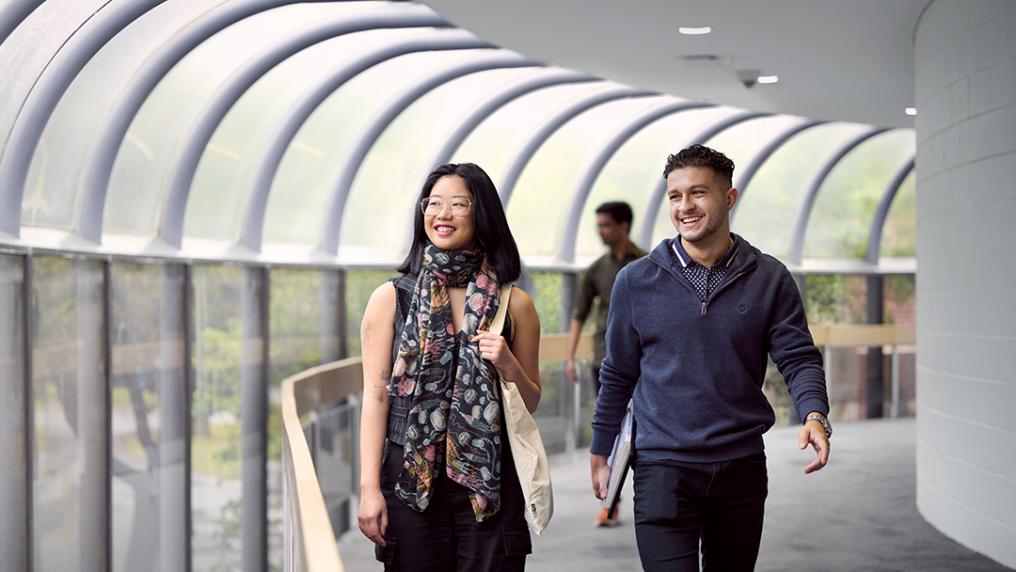As cyber threats grow, knowing how to help safeguard data and systems is becoming an important skill. That's why cyber security graduates are in hot demand across business, health and government. With technology playing a big role across just about every sector today – digital literacy skills are a must-have for most workers regardless of job and industry.
AI can’t install a hot water system, rewire a building, or frame a house. That’s why trades like plumbing, electrical and carpentry remain solid, well-paid career paths. These hands-on skills require dexterity, on-the-spot problem-solving and practical know-how.
Nursing, allied health and aged care all rely on judgment, empathy, and the ability to provide safe, effective care. With healthcare growing faster than any other industry in Australia, these skills are more than future-proof – they’re essential.
Even if you don’t become a data scientist, knowing how to interpret data and work alongside AI systems is fast becoming the norm in many careers. Learn how to use AI as a tool, not a competitor.
What jobs will AI replace? Tips to future-proof your career
AI and automation are rapidly changing the way we work.
The good news: we’ll always need human decision-makers with critical thinking and problem-solving skills.
New research indicates that AI is more likely to augment rather than replace roles, enhancing how we work. At VU, you’ll build the skills you need to stay flexible and adaptable no matter what comes next.
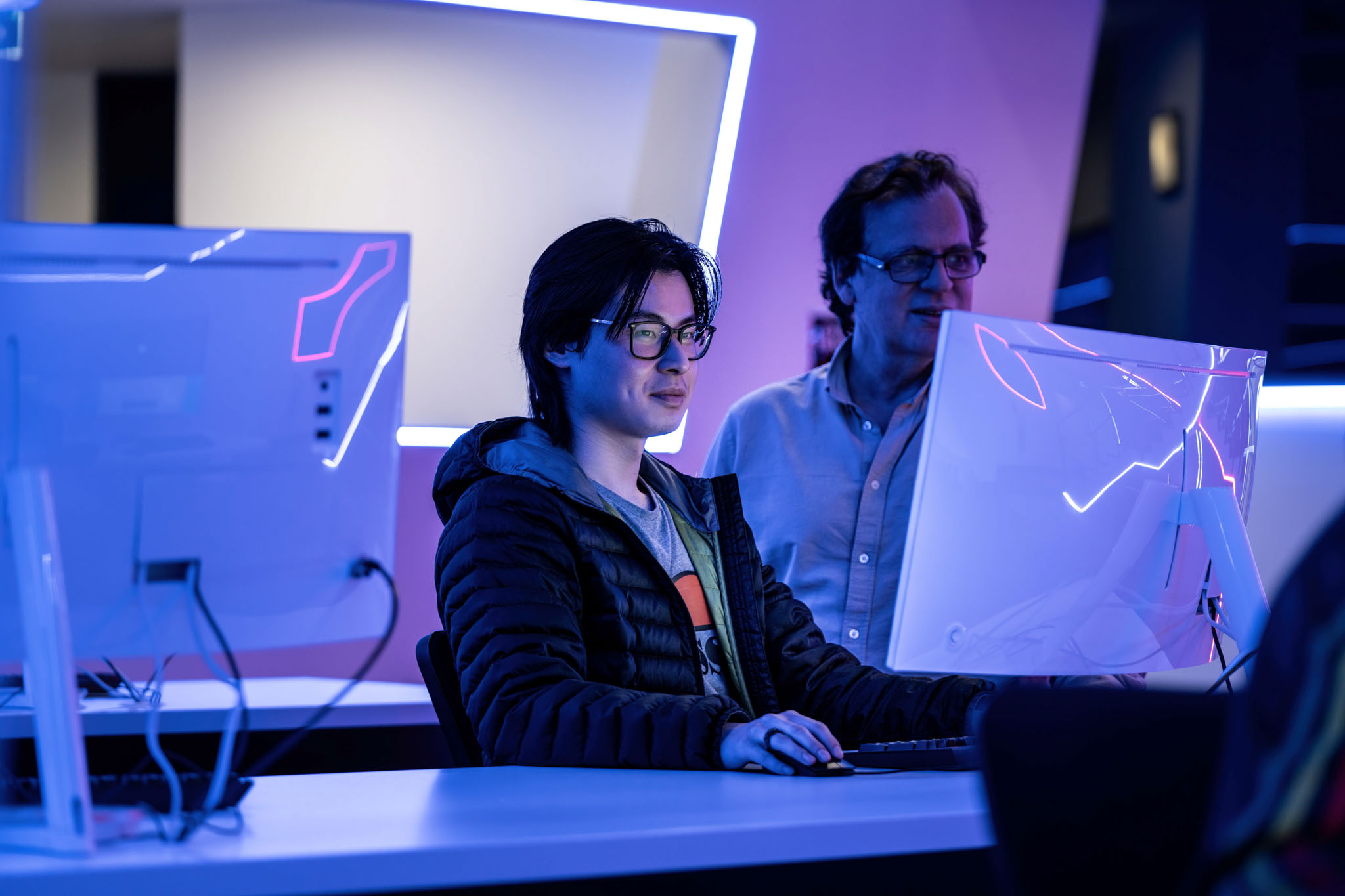
Which jobs are most at risk from AI?
According to Jobs and Skills Australia’s Generative AI Capacity Study, many jobs will be reshaped by AI, but only a small number are at risk of full automation. Entry-level roles are more likely to transform than diminish. It all depends on the type of tasks involved.
- Highly likely to be automated – Jobs heavy on routine, predictable tasks – think data entry, bookkeeping, call-centre roles, and some admin functions. These are easier for AI to replicate.
- Less likely to be automated – Roles in construction, hospitality, trades, health and community services. These rely on complex and unpredictable hands-on skills as well as empathy, problem-solving, and adaptability – things technology can’t easily replace.
So, while a lot of jobs will change, few will disappear. Instead, AI will increasingly support how people work, especially tasks like data analysis, research, and administration.
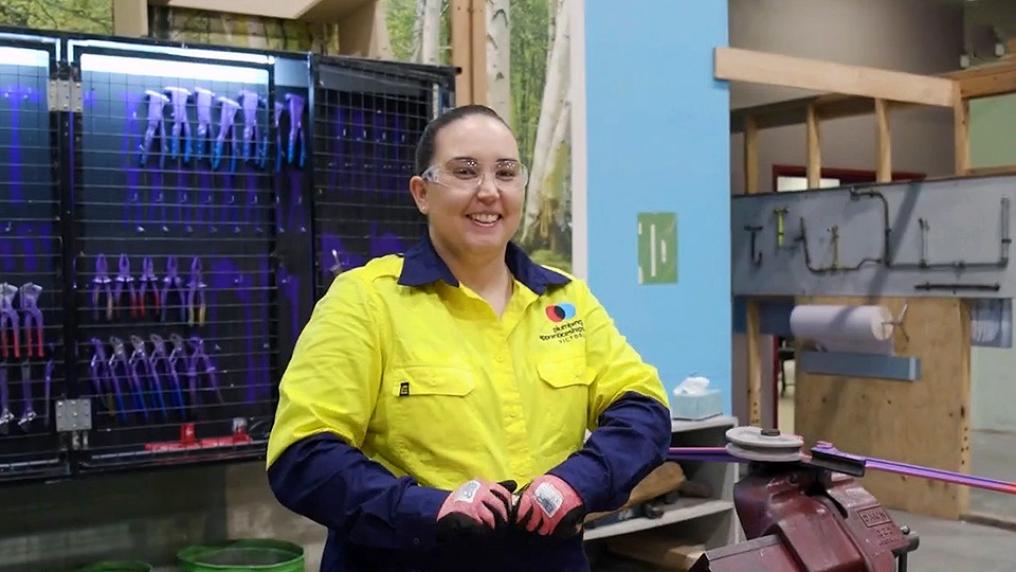
How do I build a career where AI can’t replace me?
Choose a study pathway that leads to careers where human strengths stay central. At VU, our courses align strongly with industries flagged by Jobs and Skills Australia as high growth and low automation risk, including:
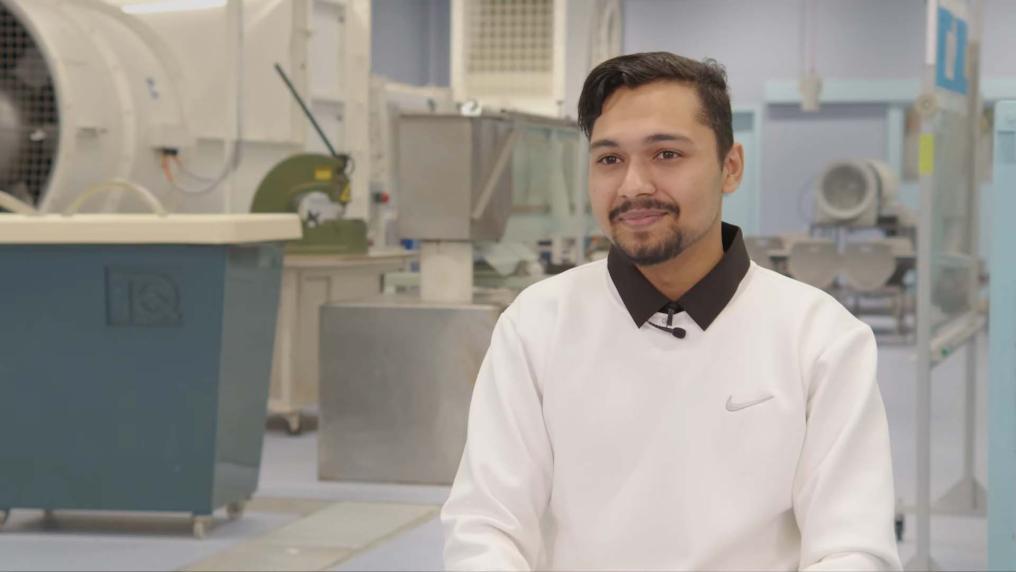
What skills should I build to AI-proof my career?
AI may be fast, but it can’t match the mix of technical know-how and human instincts employers actually value.
To build a future-proof career, you’ll need to focus on both hard skills (technical, job-specific capabilities) and soft skills (transferable strengths that make you adaptable in any industry).
Hard skills that matter most
Soft skills that give you the edge

Take action: how to future-proof your career
So what’s the smartest move you can make now? Start building the mix of technical and human skills that AI can’t compete with. Explore careers where demand is high and automation risk is low.
Keep learning – upskill with microcredentials, workshops, and postgraduate study. Keep developing your soft skills through group projects, placements and real-world learning. Stay agile: be ready to pivot to new opportunities as industries evolve.
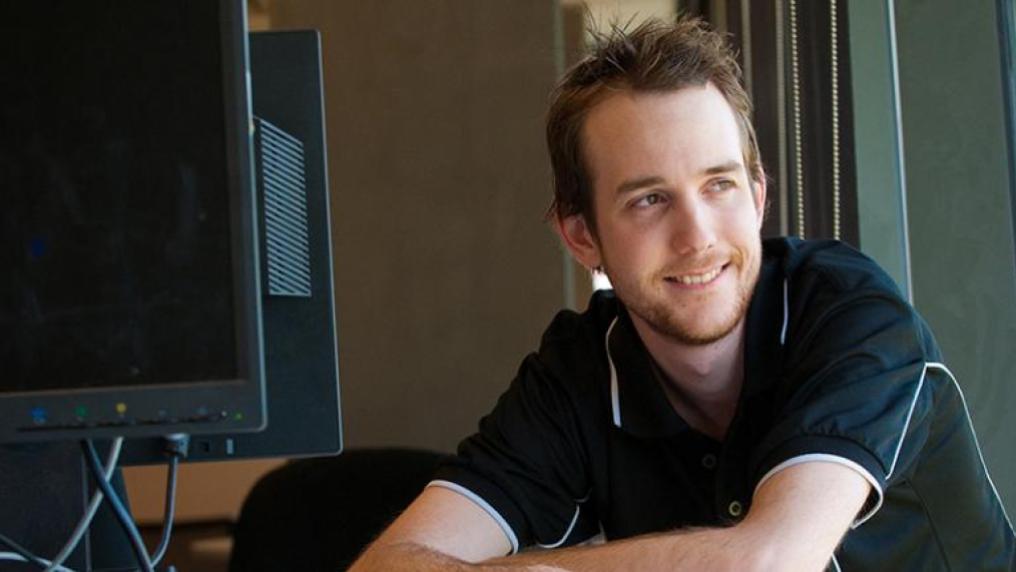
How VU prepares you for the future of work
VU is where future-focused skills meet real-world training, setting you up to thrive no matter how industries change.
- Industry connections mean you’ll work with employers and industry partners from day one, ensuring your skills match workplace needs
- Hands-on experience in labs, clinics and workshops means you graduate job-ready, not just “study-ready”
- Focus on one subject at a time in small, supportive classes with The VU Block Model®
- Student support services – from mentoring to wellbeing – mean you’re never left to figure it all out alone.
The future of work won’t be defined by machines, but by the people who know how to work alongside them. At VU, we’ll help you be one of them.

